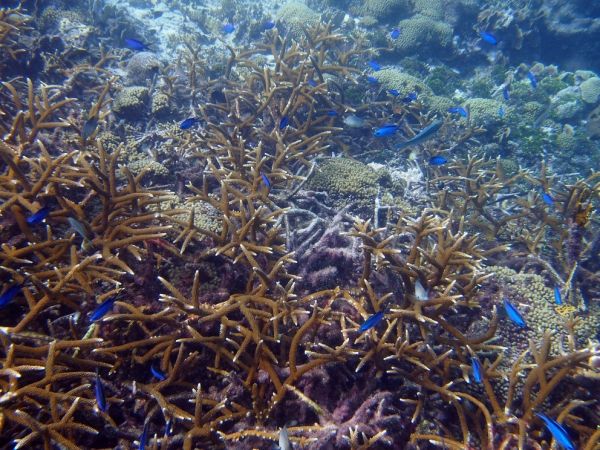The chip allows researchers to genetically identify corals and the symbiotic algae that live within the coral’s cells, a vital step for establishing and maintaining genetic diversity in reef restoration efforts. The chip and its accompanying online analysis pipeline help to democratize the genetic identification of coral biodiversity, making it accessible to conservation biologists who might not have access to the laboratory and computational resources needed to extract DNA and analyze the data. A paper describing the new chip appears in the journal Scientific Reports.
“Corals around the world are endangered due to warming oceans,” said Iliana Baums, professor of biology at Penn State and leader of the research team. “We designed this genotyping chip to help restoration and conservation efforts. There is very little overhead needed to use the chip, so small restoration operations can access coral genetic identification to help them maximize reef health by ensuring coral populations are genetically diverse.”
Continue reading at Pennsylvania State University
Image via Pennsylvania State University


